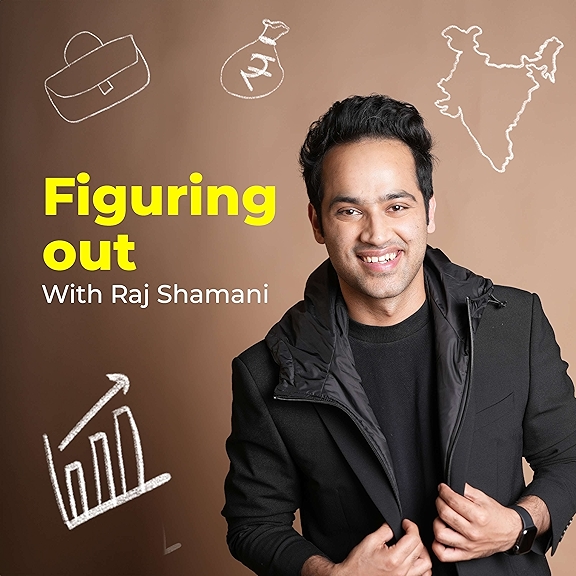
3 Overused Story Patterns in MBA Application Essays
Welcome to F1GMAT'sF1GMAT's Ask Atul Jose series. In today's episode, I will share 3 Story Patterns that seem authentic but don't work now.
1. The Poverty Narrative
There are genuine applicants from developing economies and even from the US who struggle with financial insecurity. Either because one of their parents or both were addicted to substances, one of the parents died, and that led to financial instability, or they were in a neighborhood that didn't allow them to pursue learning goals. Many immigrants coming from war-torn countries struggle initially - at least five years and often, this time is the formative year of the applicant. These are all valid experiences to capture in an essay, but I have seen applicants from middle-income families citing setbacks as financial instability.
This is a big mistake.
When I ask them about the challenges, they cite setbacks in their parent's small business that led to the instability. Again, these are good examples, but if the setback was for less than three years, I could suggest against using that narrative. Because you have to enter your parents' income, and even if you had mentioned the year of the financial setback, the data would be a big contradicting evidence. Naturally, the admissions team will compare you with the applicant who genuinely struggled financially for 10-15 years, and they have proof in the form of the parent's income. Their experience overcoming such instability is much more moving for admissions than yours. It is not that you didn't suffer through the setback. Admissions essays work on a comparative scale.
The second reason for using the Poverty Narrative is that many international applicants convert their currency to dollar terms and start assuming that a certain level is automatically considered below the average national income for a family in the US. But schools have data on the average income of your country. They benchmark based on that data.
Avoid using the economically disadvantaged narrative unless you are in the US and your family's household income is less than $100,00
2. Trauma
This is a huge-huge challenge for many applicants.
How should you reveal the trauma that you endured without making the essay all about the trauma?
One easy way to ask this question is whether that event was a motivation for joining a non-profit or starting a non-profit, or helping others in the community who suffered just as you did. If you didn't do any of this, don't mention the traumatic event.
Another problem I see is the lack of context around the traumatic event. What you might consider traumatic, outside universally acceptable traumatic events like War, Sexual Assault, Physical assault, Death in the family, or Poverty, other narratives need context. A lot of times, what you assume to be a known fact might be limited only to your city, country, or even region and might not have passed on to the US media nationally. The admissions team, like us, lives in a highly distracted personalized entertainment and news bubble. So when you mention any trauma or experiences that are highly localized, spend extra words explaining why it was a trauma for you.
3. Identity-Based Narrative
Five years back, if you were a woman or an LGBTQ or a US minority applicant, there was considerable leeway on how you were judged. Schools were much more open to letting go of certain assumptions about your unique life experience. But now, post-2020, the competition among LGBTQ and Women applicants have increased considerably. So has the competition for US minority applicants. All the cliched narratives about Asian parents starting their restaurants or store might not work as they used to. The same is the case with the bullying narrative as an LGBTQ applicant. You need to dig deep into the story and find unique experiences and phrases to capture the trauma. Try to offer a perspective that is unconventional.
If you need help in creating authentic narratives, reach out to me, Atul Jose




















